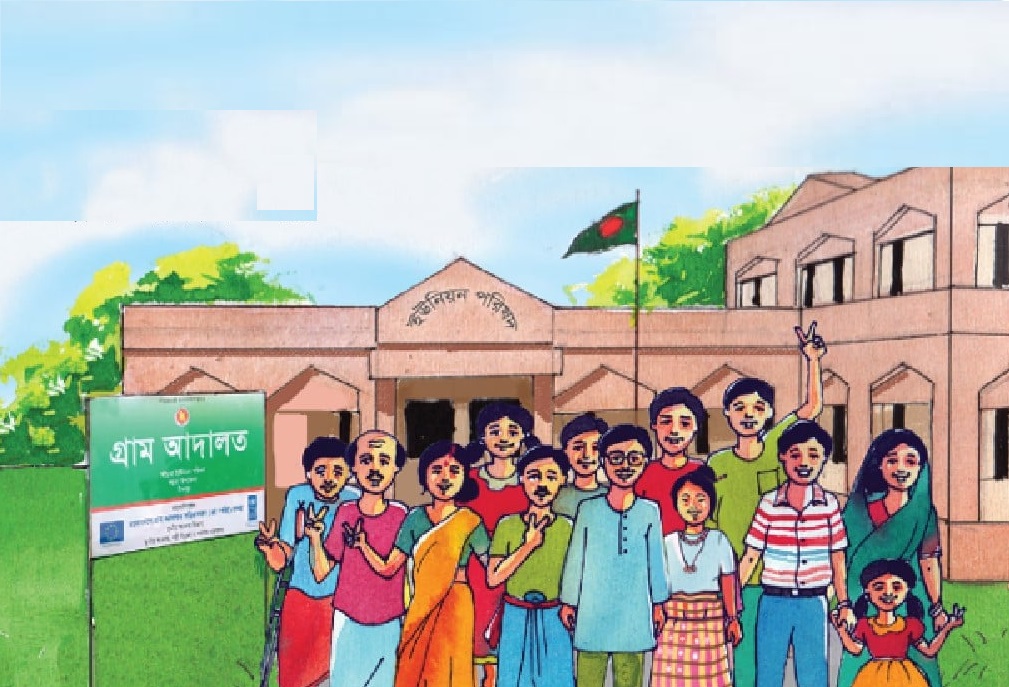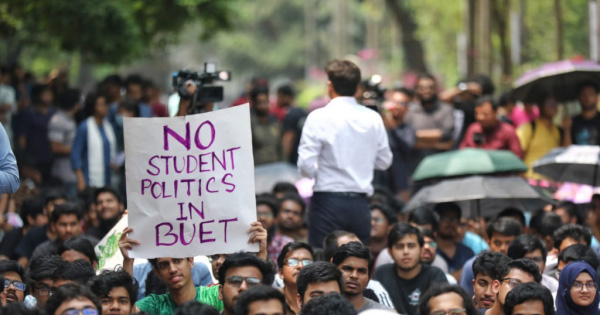In a democratic society, the media serves as a crucial pillar, ensuring government accountability and keeping citizens informed about issues affecting their lives and freedoms. In Bangladesh, however, this pillar has been progressively weakened by legislation, government crackdowns, and harassment. According to the 2020 Country Reports on Human Rights Practices published by the U.S. Department of State, the Bangladesh government has systematically used its power to stifle criticism, punish dissent, and suppress media freedom. The reported actions paint a troubling picture of diminishing freedom for the press and an increasing climate of fear for journalists and activists alike.
At the center of Bangladesh’s suppression of the press is the controversial Digital Security Act (DSA), which grants the government sweeping powers to restrict speech deemed a threat to state security, public order, morality, or friendly relations with other countries. Though ostensibly designed to curb cybercrimes, the law has largely been used to silence voices critical of the government. The U.S. State Department report highlights that in early May 2020 alone, 19 journalists, activists, and citizens were charged under the DSA for allegedly spreading “rumors” or “defamation” related to government actions, particularly concerning the COVID-19 pandemic response. The DSA has effectively become a blanket tool for suppressing dissent. Journalists and activists who question the government’s policies, even in relation to pressing matters like public health, are at risk of facing severe penalties. The vague language of the law allows it to be applied broadly, creating a chilling effect on free speech and discouraging journalists from reporting critically on matters that directly impact the public.
The report sheds light on the harsh realities faced by journalists who dare to report critically on the government. Physical attacks, harassment, and intimidation by authorities, intelligence agencies, and ruling party affiliates have been documented extensively. The chilling case of photojournalist Shafiqul Islam Kajol epitomizes this disturbing trend. After reporting on a crime syndicate involving drugs, money, and prostitution—a story that implicated influential individuals—Kajol was forcibly disappeared, detained for 237 days, and charged with defamation. His prolonged detention reflects the harsh measures taken to silence voices deemed inconvenient by those in power.
This culture of harassment has forced many Bangladeshi journalists to self-censor, fearing retaliation. This self-censorship undermines the very purpose of journalism and deprives the Bangladeshi people of critical information about their government and society.
The international community has taken note of these repressive practices. U.S. Secretary of State Antony Blinken, in releasing the report, underscored how the COVID-19 pandemic has further exposed cracks in many countries’ commitments to upholding human rights. Bangladesh’s aggressive suppression of dissent, particularly as it pertains to COVID-19 coverage, tarnishes its reputation as a democracy. The message is clear: governments that penalize journalists and activists for questioning state decisions show a profound disregard for transparency, accountability, and the well-being of their citizens. This repression also poses long-term consequences for Bangladesh’s global standing. Bangladesh prides itself on its development achievements and economic progress, but a weakened media landscape threatens to overshadow these gains. As the world watches, the government’s treatment of journalists and critics could undermine its partnerships with democratic nations and impact its access to international support and trade benefits.
In Bangladesh, the freedom of the press is under siege. By weaponizing the Digital Security Act and fostering a climate of intimidation, the government is effectively silencing journalists, activists, and ordinary citizens. This approach not only violates fundamental human rights but also undercuts the core democratic principles upon which Bangladesh was founded. For the citizens of Bangladesh, and for those who believe in the value of a free and fair press, it is essential to call for reforms. The government must repeal or revise the Digital Security Act to align with international human rights standards. It must also take concrete steps to protect journalists from harassment, violence, and detention. Without these changes, Bangladesh risks descending further into authoritarianism, stifling the voices of those who work to hold the powerful accountable. The right to criticize, question, and report freely is not just a privilege—it is a fundamental human right.






